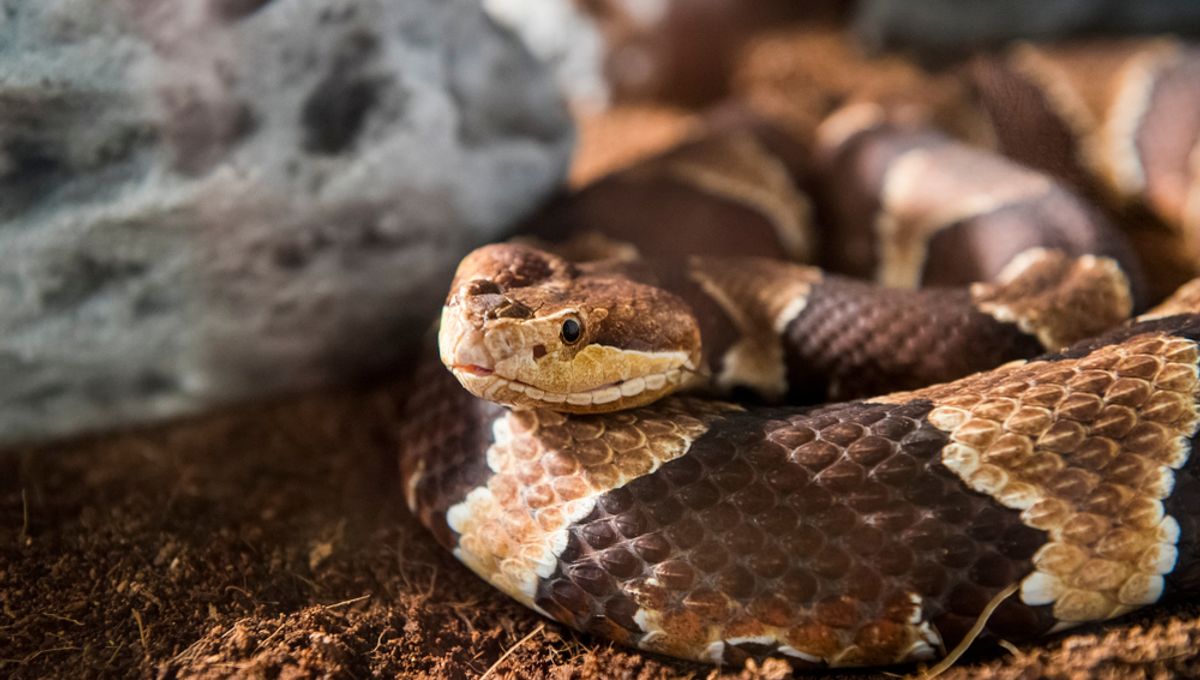
A recent study has shed light on a potentially overlooked consequence of climate change: the increased risk of being bitten by a venomous snake. Looking at reports of hospitalizations in Georgia, USA, the team found evidence of an increase in snake-related envenomation in relation to a rise in average daily temperature.
With the World Health Organisation (WHO) reporting approximately 5 million snake bites globally, they are now classified as a high-priority neglected tropical disease. “We don’t know much about how weather – meaning short term changes in meteorology – drive human-snake interactions, partly because a lot of dangerous snake bites occur in places that lack good data on causes of morbidity and mortality,” Noah Scovronick, study lead and health and environmental scientist at Emory University, said in a statement regarding the importance of the research.
Data was focused on the state of Georgia due to it being home to 17 species of venomous snake – one of the highest snake diversities and densities in the country. During the 7-year study period, the team found an increase in same-day maximum temperature of 1°C (1.8°F) was associated with a 5.6 percent increase in the likelihood of being bitten by a venomous snake and an increase of 5.8 percent for non-venomous snake bites, with the strongest associations occurring in the spring months.
Data obtained from the Georgia Hospital Association reported all emergency department (ED) visits for the state between 2014 and 2020, and the instances of venomous snake bites, non-venomous snake bites, and envenomation by other species were analyzed for use in the study.
While the researchers were cautious not to jump to conclusions for this association, it’s speculated that snake physiology may be playing a role. As ectotherms, snakes and other reptiles rely on external temperatures to control their internal biological functions, with some species entering a hibernation-like period called brumation during winter months, and an estivation state during extreme heat.
The study introduces these functions as being affected by climate change. Increased ED visits during spring and fall suggest that warmer temperatures are waking species earlier in the spring and keeping them awake longer in the fall, which, in turn, increases the period in which humans are likely to encounter snakes in the wild.
The summer months, however, show the highest rate of snake-bite-related ED visits, suggesting estivation is not significantly influencing the likelihood of being bitten.
“As human development in Georgia and especially the Atlanta area are expanding rapidly, human-snake encounters are going to continue to increase and already have,” says Lawrence Wilson, co-author of the study and herpetologist at Emory University. “Almost anyone who spends a lot of time outdoors will have encountered a copperhead or other venomous snake.”
Wilson goes on to explain that the key factor in reducing the chance of negative encounters with venomous species is education. “Let people know what habitats snakes favor, such as places with dense ground cover, and they can be wary of such habitats. Snakes and people can live compatibly, even venomous snakes, as long as we respect and understand their habitats and needs.”
As the study’s findings are specific to Georgia, there is potential for further research across different populations to investigate how these temperature changes may be impacting different snake species in different climates.
The study is published in GeoHealth.
Source Link: Why Your Chances Of Getting Bitten By A Venomous Snake Have Gone Up